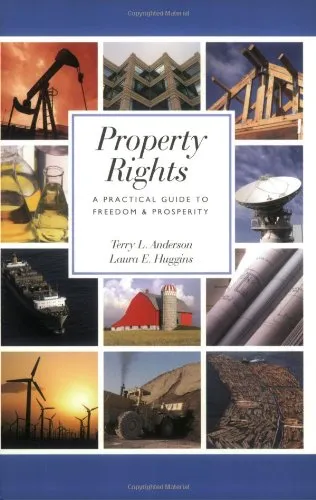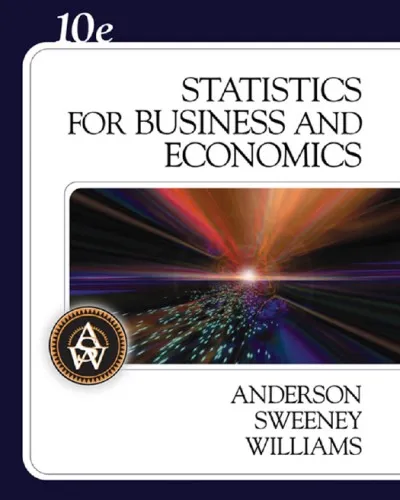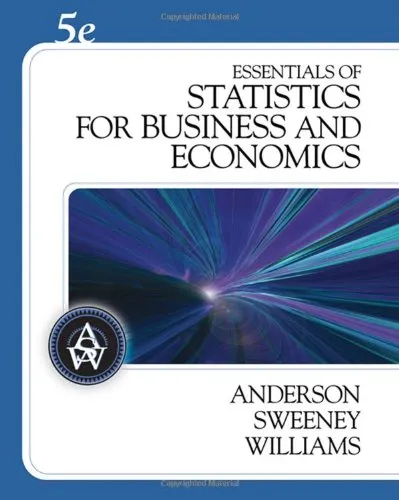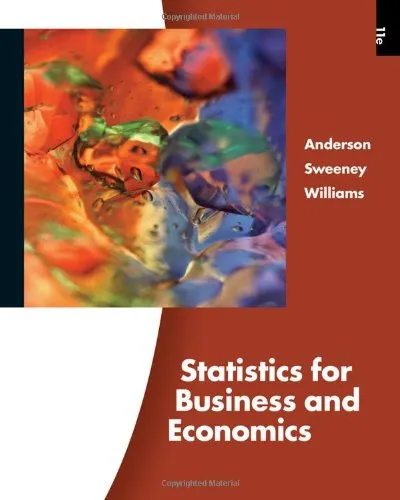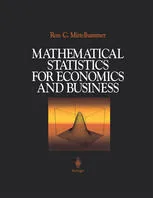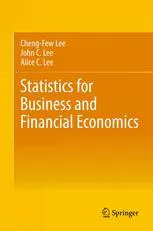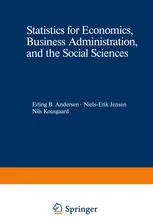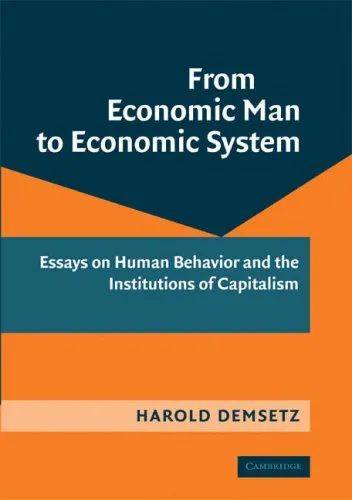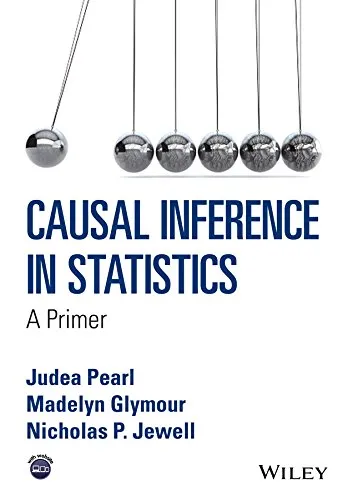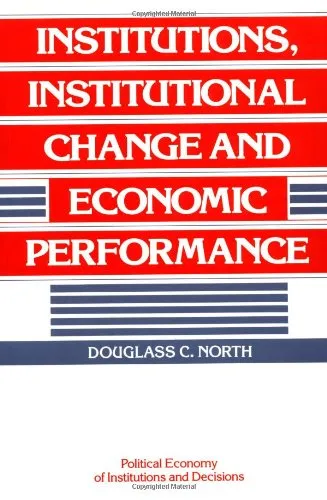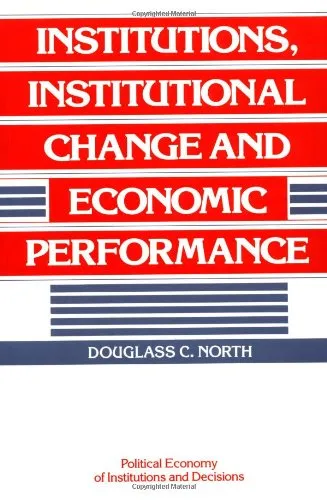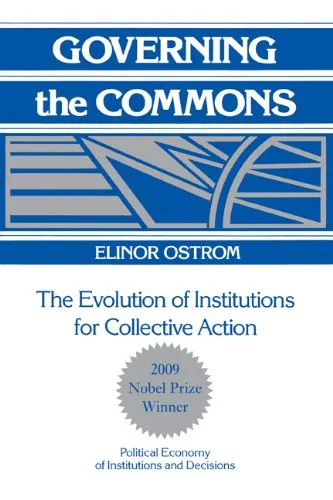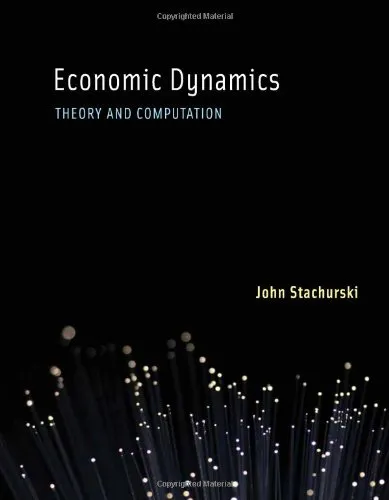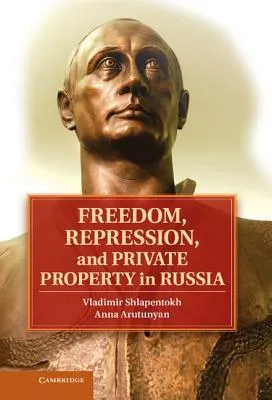Property Rights: A Practical Guide to Freedom and Prosperity (Hoover Institution Press Publication)
4.5
بر اساس نظر کاربران

شما میتونید سوالاتتون در باره کتاب رو از هوش مصنوعیش بعد از ورود بپرسید
هر دانلود یا پرسش از هوش مصنوعی 2 امتیاز لازم دارد، برای بدست آوردن امتیاز رایگان، به صفحه ی راهنمای امتیازات سر بزنید و یک سری کار ارزشمند انجام بدینکتاب های مرتبط:
معرفی کتاب "Property Rights: A Practical Guide to Freedom and Prosperity"
کتاب "Property Rights: A Practical Guide to Freedom and Prosperity" نوشته تری ال. اندرسون و لورا ای. هاگینز، اثری قابل توجه در حوزه حقوق مالکیت، آزادی اقتصادی و رفاه اجتماعی است. این کتاب که توسط انتشارات موسسه هوور منتشر شده است، به بررسی نقش حیاتی حقوق مالکیت در ایجاد جوامع آزاد و مرفه میپردازد. نویسندگان با بهرهگیری از تحلیلهای علمی و مثالهای واقعی، تصویری جامع از ارتباط میان حقوق مالکیت و توسعه اقتصادی ارائه میدهند.
خلاصهای از کتاب
حقوق مالکیت یکی از ارکان اصلی تمدن بشری است. این کتاب با بررسی تاریخی و تجربی نشان میدهد که چگونه احترام به مالکیت خصوصی بهرهوری را افزایش داده، نوآوری را تشویق میکند و به توزیع عادلانهتر منابع کمک میکند. نویسندگان معتقدند که هر چقدر حقوق مالکیت شفافتر و قابل اجراتر باشد، احتمال رشد اقتصادی و اجتماعی بیشتر است. این کتاب در ۱۰ فصل شامل تحلیلهای عمیق از جنبههای گوناگون حقوق مالکیت، کاربرد آنها در دنیای مدرن و اهمیت آنها در کاهش فقر و توسعه جوامع ارائه شده است.
نویسندگان با ارائه مثالهایی از جوامع متنوع (از جمله ایالات متحده، کشورهای در حال توسعه و حتی اقتصادهای متمرکز) ثابت میکنند که نظامهای حقوق مالکیت بهبود یافته میتوانند از طریق کاهش منازعههای حقوقی و افزایش اعتماد میان افراد، رفاه اجتماعی را افزایش دهند.
نکات کلیدی کتاب
- حقوق مالکیت خصوصی از نظر اقتصادی و اجتماعی اساسی است: وقتی افراد بتوانند داراییهای خود را محافظت و مدیریت کنند، انگیزه بیشتری برای رشد اقتصادی خواهند داشت.
- اقتصاد بازار مبتنی بر حقوق مالکیت به عنوان ستون آزادی اقتصادی است؛ حذف ابهام در قوانین مالکیت به توانمندسازی جامعه کمک میکند.
- ابزارهایی همچون قراردادهای شفاف و قوانین اجراپذیر باعث افزایش اعتماد بین اعضای جامعه میشود.
- حقوق مالکیت حتی در زمینههای زیستمحیطی نیز حائز اهمیت است؛ مدیریت منابع مشترک (مانند زمین و آب) از طریق حقوق مالکیت مؤثرتر میشود.
جملات معروف از کتاب
"Property rights are not merely about owning things; they are about empowering individuals to make decisions and shape their futures."
"Without clear and enforceable property rights, the incentives for innovation and hard work are stifled."
چرا این کتاب مهم است؟
"Property Rights: A Practical Guide to Freedom and Prosperity" کتابی است که تأثیرات عمیقی بر حوزههای مختلف سیاستگذاری و اقتصادی گذاشته است. این کتاب به مدیران، قانونگذاران و حتی عموم خوانندگان نشان میدهد که حقوق مالکیت تنها یک مفهوم قانونی نیست، بلکه ابزاری حیاتی برای تقویت آزادی، افزایش بهرهوری، و تضمین آیندهای بهتر برای جوامع گوناگون است.
نویسندگان با ارائه تجزیهوتحلیلهای دقیق و استفاده از دادههای عملی، خوانندگان را به درک بهتری از اهمیت حقوق مالکیت در زندگی انسانی دعوت میکنند. این کتاب برای دانشجویان، استادان دانشگاه، اقتصاددانان و حتی سیاستمداران منبعی ارزشمند و کاربردی محسوب میشود.
در دنیایی که منابع اغلب محدود و اختلافات میان منافع مختلف بسیار زیاد است، درک دقیق از حقوق مالکیت و نحوه تأثیر آن بر رفاه اجتماعی میتواند راهگشای سیاستگذاریهای هوشمندانه باشد.
Introduction to "Property Rights: A Practical Guide to Freedom and Prosperity"
Authored by Terry L. Anderson and Laura E. Huggins, "Property Rights: A Practical Guide to Freedom and Prosperity" presents a compelling argument for how secure and well-defined property rights are a cornerstone of individual freedom, economic prosperity, and environmental sustainability. This book, published as part of the Hoover Institution Press series, dives deep into the intricate relationship between property rights and the social, economic, and political frameworks of global societies.
From the bustling urban centers of developed nations to rural, agrarian communities in poorer countries, the book meticulously shows how property rights serve as a mechanism to unlock human potential, resolve conflicts, and decentralize decision-making. By illustrating real-world examples, Anderson and Huggins highlight the essential role that ownership and strong legal frameworks play in fostering sustainable development and alleviating poverty. This guide is not just a theoretical exploration—it’s a roadmap for enhancing global prosperity, starting at the foundational level of secure, well-enforced property ownership.
Let’s delve into a detailed breakdown of what makes this book a must-read for policymakers, researchers, students, and anyone interested in the principles of freedom and prosperity.
Detailed Summary
The book opens with a discussion on the concept of property rights, laying out their importance as the building blocks of liberty and economic development. Anderson and Huggins argue that property rights transcend material wealth—they empower individuals, foster accountability, and minimize exploitation of resources. The authors draw from both historical and contemporary examples to demonstrate how societies with well-defined and legally enforceable property rights tend to thrive, while those lacking such structures lag behind.
The authors also address misconceptions about property rights and explore contentious issues such as land reforms, communal ownership, and indigenous claims. They make the case for the adaptability of property rights and how their enforcement can coexist with cultural traditions and modern societal norms. Additionally, the book thoroughly examines the relationship between property rights and resource management, showing that sustainable usage becomes achievable when individuals or groups have a direct stake in those resources.
The book doesn’t just focus on theory. It provides actionable advice for policymakers, including the critical importance of clearly defining property boundaries, facilitating property transactions, and ensuring fairness in ownership allocation. By balancing thoughtful analysis with practical application, Anderson and Huggins offer valuable solutions to the pressing challenges of poverty, conflict resolution, and environmental degradation.
Key Takeaways
- Property rights are fundamental to both individual liberty and economic prosperity.
- Strong property rights reduce conflict and promote cooperative interactions in society.
- Well-defined property rights are crucial for managing resources sustainably and preventing overexploitation.
- The enforcement of property rights requires robust legal and governance systems to ensure fairness and justice.
- Instituting property rights in developing countries can alleviate poverty and empower marginalized communities.
Famous Quotes from the Book
"Property rights are the guardian of liberty and the foundation of prosperity."
"When people own something, they have both the incentive and responsibility to take care of it."
"The rule of law, beginning with property rights, is the key that unlocks the potential of a free society."
"By aligning ownership with accountability, we create a system where innovation and sustainability thrive."
Why This Book Matters
The relevance of "Property Rights: A Practical Guide to Freedom and Prosperity" cannot be overstated in modern times when economic inequality, environmental crises, and social conflicts dominate the global landscape. The book provides a practical framework for addressing these challenges through a principled understanding of property ownership and economic freedom.
For policymakers, this book serves as a handbook for creating secure property rights systems that empower individuals and communities. For academics, it provides theoretical insights and real-world case studies to better understand the correlation between institutions and development. For the general reader, it clarifies the importance of ownership in personal and societal contexts while inspiring a deeper appreciation for its role in preserving liberty and dignity.
By bridging the gap between economic theory and pragmatic policymaking, Anderson and Huggins have crafted a guide that equips readers to advocate for a world where freedom and prosperity are accessible to all.
دانلود رایگان مستقیم
شما میتونید سوالاتتون در باره کتاب رو از هوش مصنوعیش بعد از ورود بپرسید
دسترسی به کتابها از طریق پلتفرمهای قانونی و کتابخانههای عمومی نه تنها از حقوق نویسندگان و ناشران حمایت میکند، بلکه به پایداری فرهنگ کتابخوانی نیز کمک میرساند. پیش از دانلود، لحظهای به بررسی این گزینهها فکر کنید.
این کتاب رو در پلتفرم های دیگه ببینید
WorldCat به شما کمک میکنه تا کتاب ها رو در کتابخانه های سراسر دنیا پیدا کنید
امتیازها، نظرات تخصصی و صحبت ها درباره کتاب را در Goodreads ببینید
کتابهای کمیاب یا دست دوم را در AbeBooks پیدا کنید و بخرید
1290
بازدید4.5
امتیاز0
نظر98%
رضایتنظرات:
4.5
بر اساس 0 نظر کاربران
Questions & Answers
Ask questions about this book or help others by answering
No questions yet. Be the first to ask!
